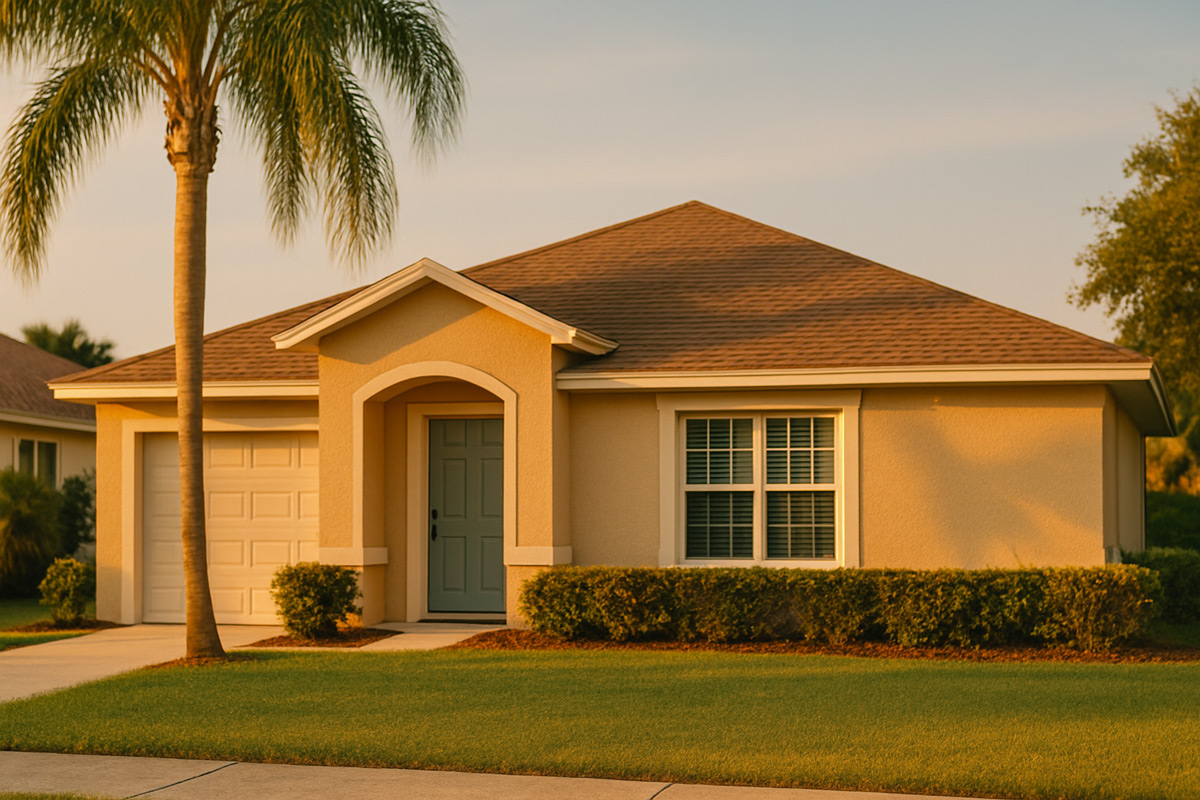
Florida homeowners are no strangers to rising insurance premiums, shrinking coverage, and abrupt policy cancellations. With hurricane risks, climate volatility, and insurer exits reshaping the market, navigating Florida's homeowners insurance scene in 2025 requires both vigilance and strategy.
Why Florida's Insurance Market Is So Volatile
The Sunshine State sits at the intersection of extreme weather risk and legal complexity. Each hurricane season tests insurers' resilience, while litigation—particularly from roof replacement claims—has historically driven up costs.
"Florida's legal environment combined with frequent catastrophic events creates a high-risk profile for insurers," explains Jane Doe, a Miami-based real estate analyst. "That risk gets passed to homeowners through higher premiums or reduced availability."
Recent Shifts in the Industry
- Major insurer exits: In recent years, major national companies like State Farm and Allstate have either reduced exposure or exited the market entirely.
- Citizens Property Insurance growth: As the state-backed insurer of last resort, Citizens has grown dramatically, surpassing 1.3 million policies in force by early 2025.
- Legislative reforms: Reforms in 2022 and 2023 aimed to curb fraudulent claims and limit litigation, but effects are still unfolding.
What Homeowners Can Expect in 2025
Homeowners across Florida—from Jacksonville to Fort Myers—are facing an evolving mix of price hikes and policy changes. Rates increased an average of 16% statewide in 2024, and 2025 may follow a similar trend, especially for homes near the coast.
Insurers are also reassessing coverage zones and increasing deductibles for wind and flood damage. In high-risk zones like the Florida Keys or Tampa Bay, securing comprehensive insurance often requires bundling with surplus-line carriers.
Tips for Navigating the Market
Despite the challenges, Florida homeowners can take proactive steps to improve their coverage and reduce costs:
- Shop around annually: Rates and coverage terms vary widely between insurers. Use comparison tools or brokers familiar with the Florida market.
- Ask about discounts: Many insurers offer discounts for storm shutters, impact-resistant windows, newer roofs, or a monitored alarm system.
- Consider flood insurance: Standard homeowners insurance does not cover flooding. With more inland flooding events, even non-coastal homes are at risk.
- Use a licensed agent: A professional who understands local nuances can help homeowners avoid underinsurance or policy lapses.
Spotlight: Citizens Insurance Pros and Cons
Citizens Property Insurance Corporation plays a critical role for Floridians who can't obtain private coverage, especially in places like Cape Coral or parts of Broward County. But relying on Citizens has trade-offs.
John Smith, an Orlando-based insurance broker, notes: "While Citizens fills a gap, policyholders must understand it's not always the most comprehensive option—and depopulation efforts mean customers may be transferred to private carriers unexpectedly."
| Factor | Private Insurer | Citizens Insurance |
|---|---|---|
| Pricing | Higher premiums, flexible coverage | Often lower premiums, capped increases |
| Coverage | More customizable | Standardized limits, exclusions apply |
| Claims Process | Varies by company | Standardized, subject to state oversight |
| Availability | Limited in high-risk areas | Broad, often last resort |
Future Outlook: Legislative and Market Trends
Florida's legislature continues to tackle insurance instability. New 2025 proposals include incentives for insurers to return to the market, funding for hurricane retrofitting, and more support for low-income homeowners struggling with rising premiums.
Technology also plays a role. AI-powered underwriting and drone inspections may streamline risk assessments and reduce overhead for insurers willing to reenter the Florida market.
Stay informed and stay protected.
For more updates on Florida housing and insurance trends, subscribe to Florida Times's newsletter.